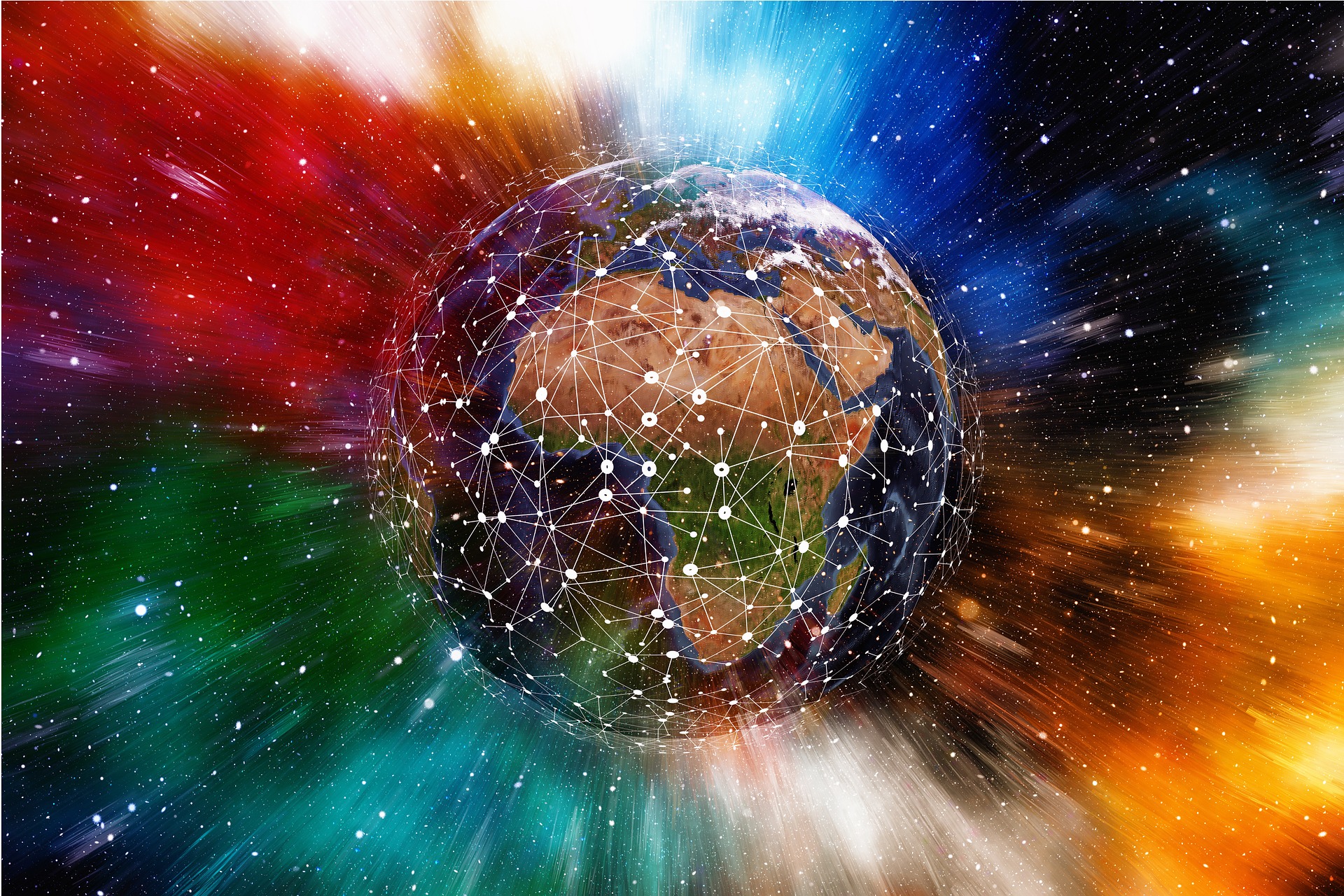
PayPal has revised its user agreement, which has adjusted a series of measures to adapt to certain changes in the market. In addition to canceling the "Pay After Delivery" service and changing the content of the agreement, they also decided to create a completely new fee structure.
In the policy update notice, PayPal stated:
"When you use your PayPal balance, or your bank account to send money from the United States to a PayPal account in another country, we will eliminate the variable rate pricing and will now be charged a flat rate per transaction, divided into $2.99 and $2.99. There are two levels of $4.99, and the specific fee will depend on the country where the recipient is located."
It is worth mentioning that this PayPal adjustment fee rate policy is only for US accounts, while users in Europe and other parts of the world will not be affected by this policy adjustment. However, compared to almost "free" cryptocurrency transactions, spending nearly three dollars to send money to friends or others is actually an "astronomical sum" for some users, especially when using encrypted payment methods like Tether and Ripple. , the cost is only a few cents.
Not only that, but PayPal users may be charged a $5 transaction fee for sending money to "certain" countries. And since the Bitcoin network upgrade in February, people have been able to send bitcoins for less than a dollar.
While PayPal's change in terms of fees is a bit of a "shooting itself in the foot", it should be noted that they may also enter the cryptocurrency industry. Recently, the U.S. Patent and Trademark Office disclosed a patent filed by PayPal for an encrypted transaction system that allows people to send funds to each other without waiting for blockchain workload verification results.
By setting up a temporary wallet for the user (the private key has already been set), after the transaction occurs, only the key needs to be exchanged, and the wallet can update the account balance before the payment is confirmed on the blockchain-this method of working is actually similar to the Lightning Network.